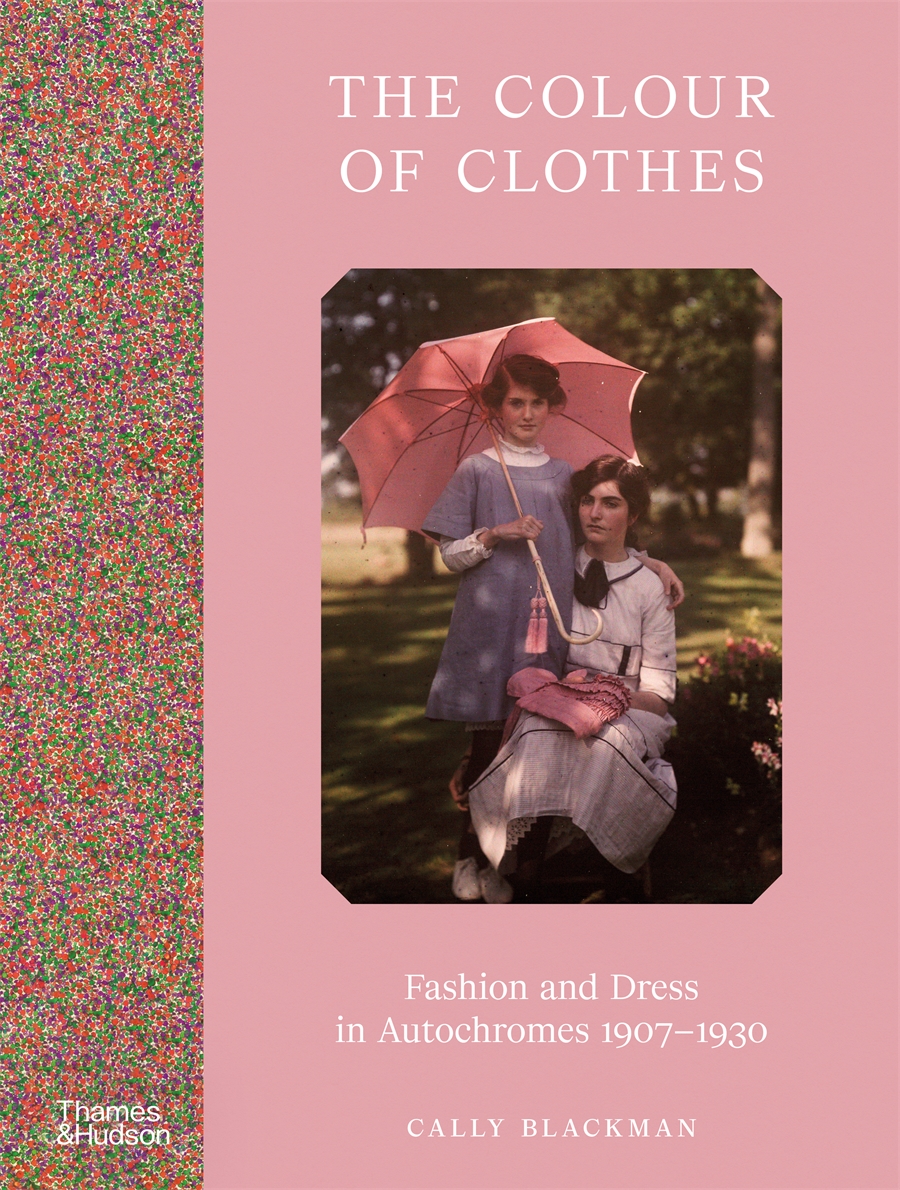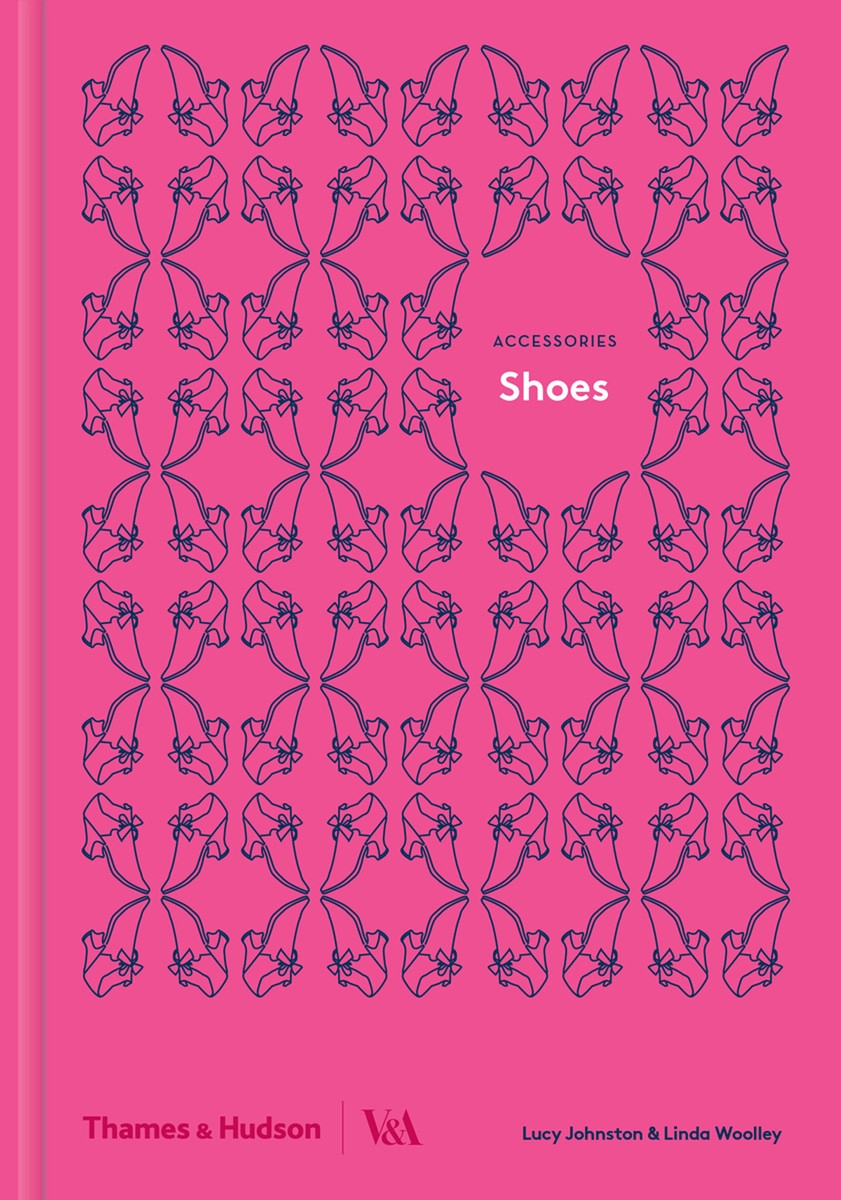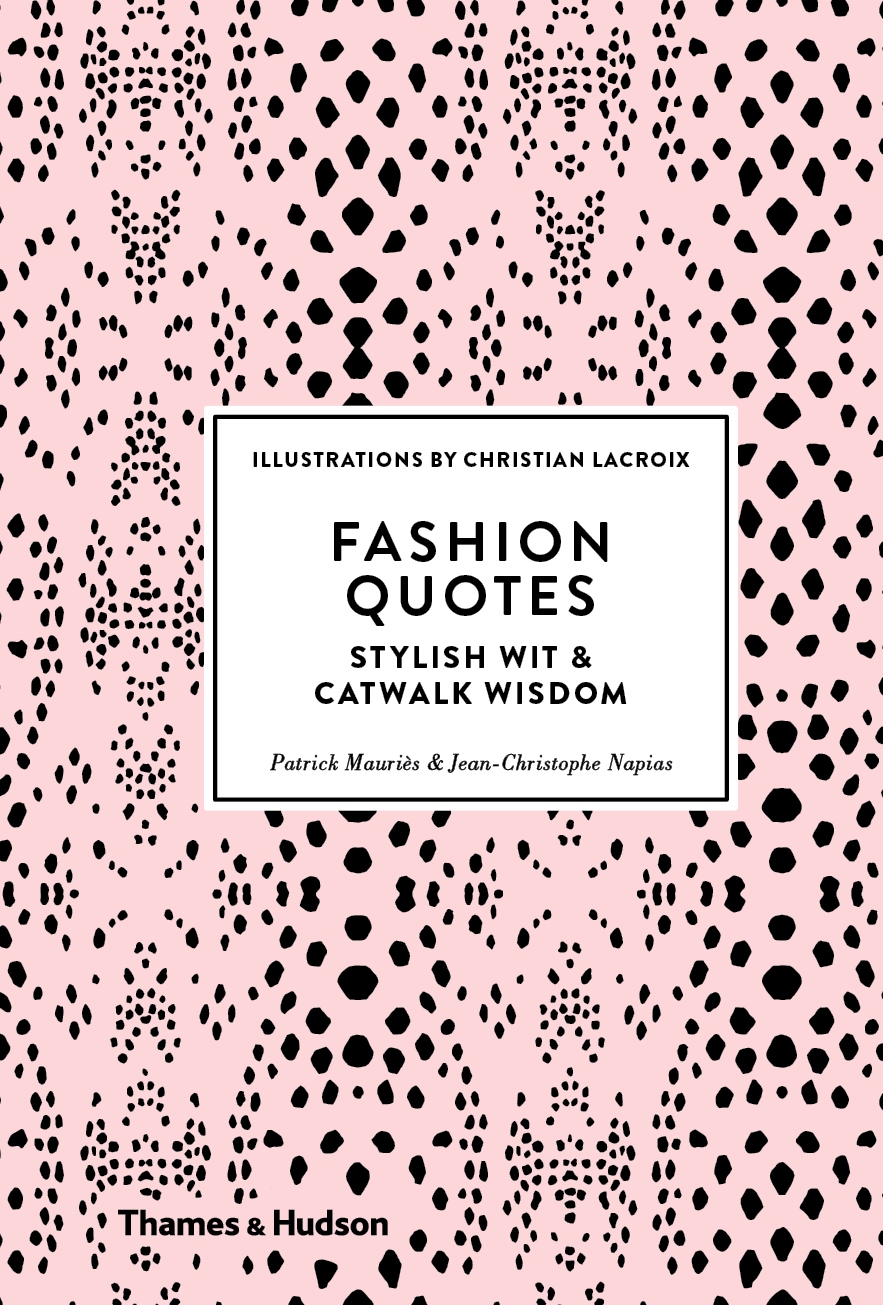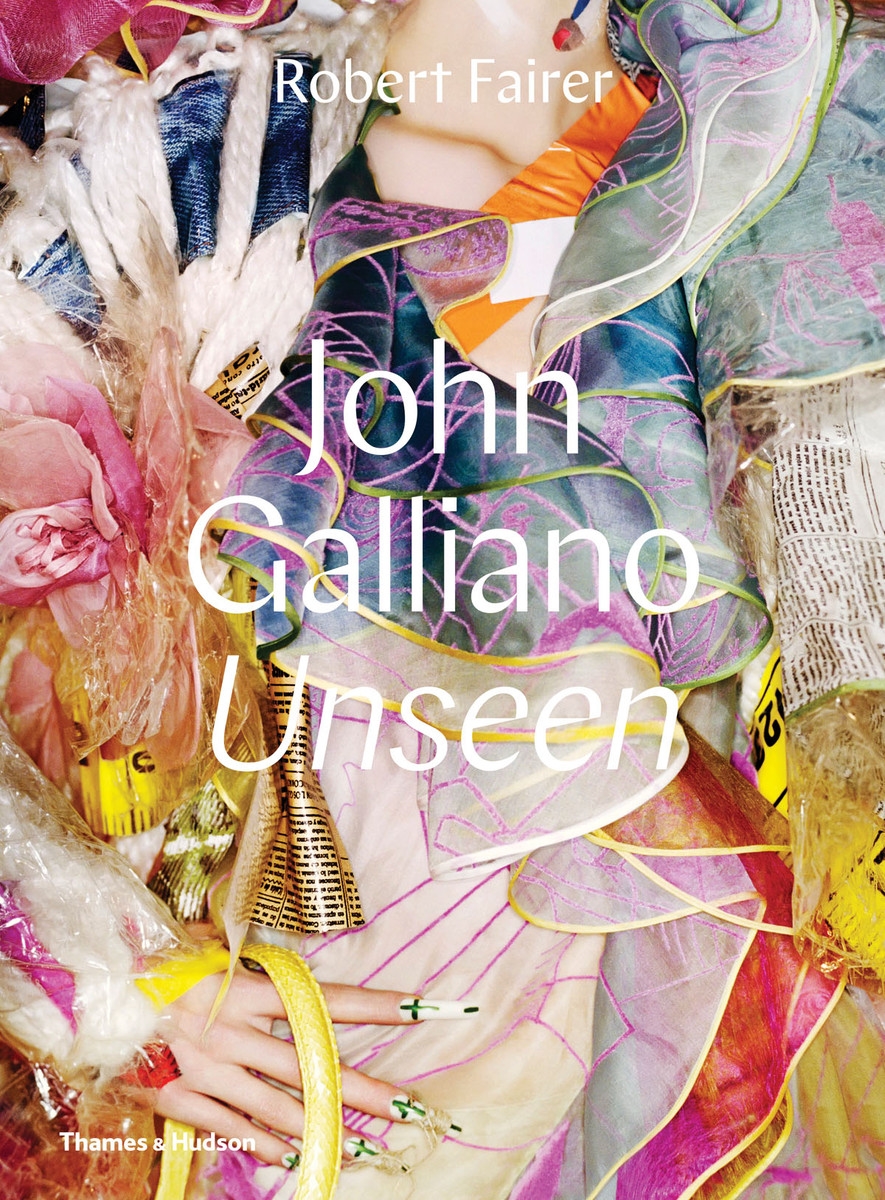Description
The story of photography’s first practicable colour process is also the story of fashion as it evolved from the Edwardian era to the newfound fluidity and freedom of the 1920s.
‘Soon the world will be color-mad and Lumière will be responsible’ Alfred Stieglitz, 1907
These words announced the arrival of the autochrome, the colour process invented by the Lumière brothers that not only transformed photography, but also recorded the transition of fashion from Edwardian elegance towards a liberating modernity.
The Colour of Clothes celebrates the unique beauty of the autochrome in around 370 images that reflect the broad sweep of its usage. Couturiers embraced the way the process showcased their exquisite designs to luminous perfection – among them Fortuny, Poiret, Doucet, Vionnet, Lucile, Chanel and Lanvin. Beyond the sphere of fashion, there are also examples from the Salon du Goût Français, France’s virtual autochrome exhibition of luxury items, and Albert Kahn’s Archives de la Planète, a bold attempt to record the world’s cultures in autochromes.
Some of the photographers involved may be famous in their field – Lartigue, Stieglitz, Steichen – though very often they are lesser known, and many are women who took to the process with panache. Whoever they were, they helped to immortalize one of photography’s historic moments, when the camera first revealed the world of fashion as it was – in colour.



